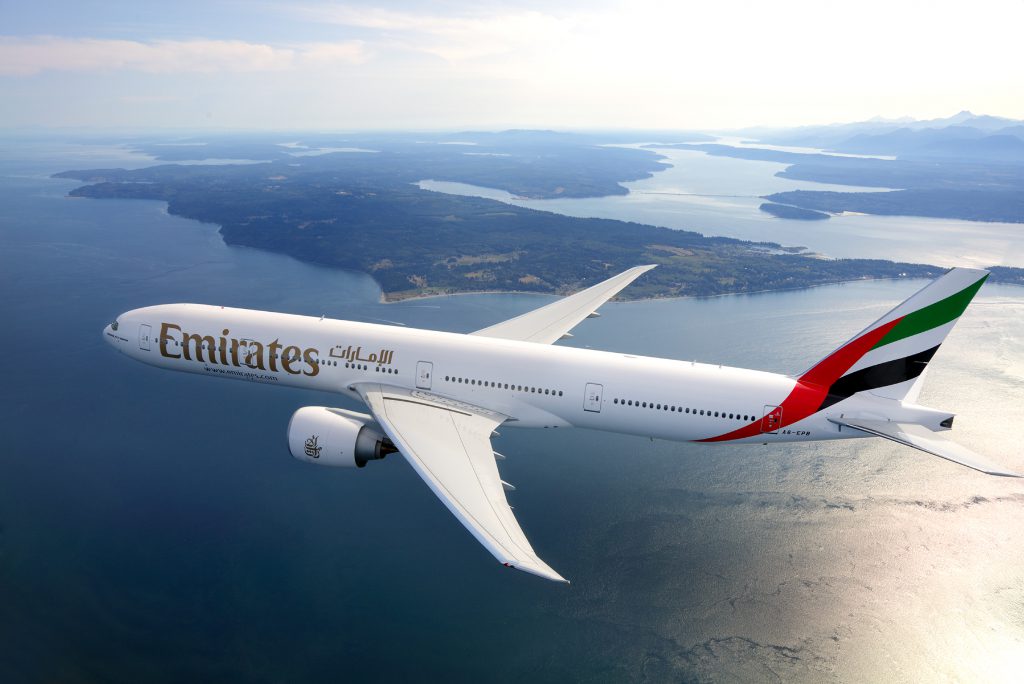Skift Take
It's lifeline after lifeline for Emirates, which finds itself at a disadvantage even compared to its European counterparts due to its reliance on international traffic.
Emirates said Dubai’s government would continue to support the airline through the coronavirus pandemic after posting an annual loss of $5.5 billion, its first in more than three decades.
The airline’s chairman Sheikh Ahmed bin Saeed Al Maktoum said on Tuesday that the recovery from the Covid-19 crisis would be patchy and that no one could predict when it would end.
Dubai’s government had injected an extra $1.1 billion into the airline since disclosing a $2 billion lifeline last year, Emirates said in its annual report for the year to March 31.
Join Us at the Skift Destination and Sustainability Summit on July 21
State-owned Emirates is not the only national carrier to get government help during the coronavirus crisis, which has brought air travel to a standstill.
On Monday, Germany’s Lufthansa, which was forced to take $11 billion in aid in 2020, laid out plans to return to profit as a leaner, more thinly-staffed airline with fewer planes after the pandemic.
Emirates, whose entire operation is dependent on international travel, fell to a loss of $5.5 billion, down from a $288 million profit a year ago, as revenue plunged 66 percent to $8.4 billion and passenger traffic fell 88.3 percent to 6.6 million.
It is 36-year-old Emirates’ first annual loss since 1987-88 and its lowest number of passengers carried in twenty years.
Emirates has no domestic market to cushion against border restrictions and closures that have frustrated airlines over the past year as they try to navigate a recovery.
It is expected to take years for airlines to recover from the pandemic, with long international flights forecast to take the longest to rebound.
Emirates said it had filled just 44.3 percent of all seats in the past year, down from an average of 78.4 percent in the previous fiscal when the airline last posted an annual profit.
The pandemic-driven travel recession has seen Emirates ground most of its 113 Airbus A380 and focused on rebuilding its network using its 146 Boeing 777s, with passenger capacity cut by 82.6 percent in the past year.
Emirates said four A380s had been removed from operation and were unlikely to return before their scheduled retirement in the next financial year.
Emirates Group, which includes the airline and other aviation and travel assets, saw revenue fall 65.8 percent to $9.7 billion and made a loss of $6 billion, its first in 33 years.
That was impacted by a one time impairment charge of $408.43 million on the Group’s non-financial assets, it said.
The Group’s workforce shrank 30.8 percent to 75,145 including 20,000 jobs at the airline and the retirement of Gary Chapman, the long-serving president of airport and travel unit Dnata.
(Reporting by Alexander Cornwell; Editing by Jason Neely, Muralikumar Anantharaman and Alexander Smith)
This article was written by Alexander Cornwell from Reuters and was legally licensed through the Industry Dive publisher network. Please direct all licensing questions to [email protected].
Register Now for the Skift Destination and Sustainability Summit on July 21
The Daily Newsletter
Our daily coverage of the global travel industry. Written by editors and analysts from across Skift’s brands.
Have a confidential tip for Skift? Get in touch
Tags: airbus, Boeing, coronavirus, dubai, emirates, lufthansa
Photo credit: Emirates filled just 44.3 percent of all seats in the past year, down from an average of 78.4 percent in the previous year. Emirates
